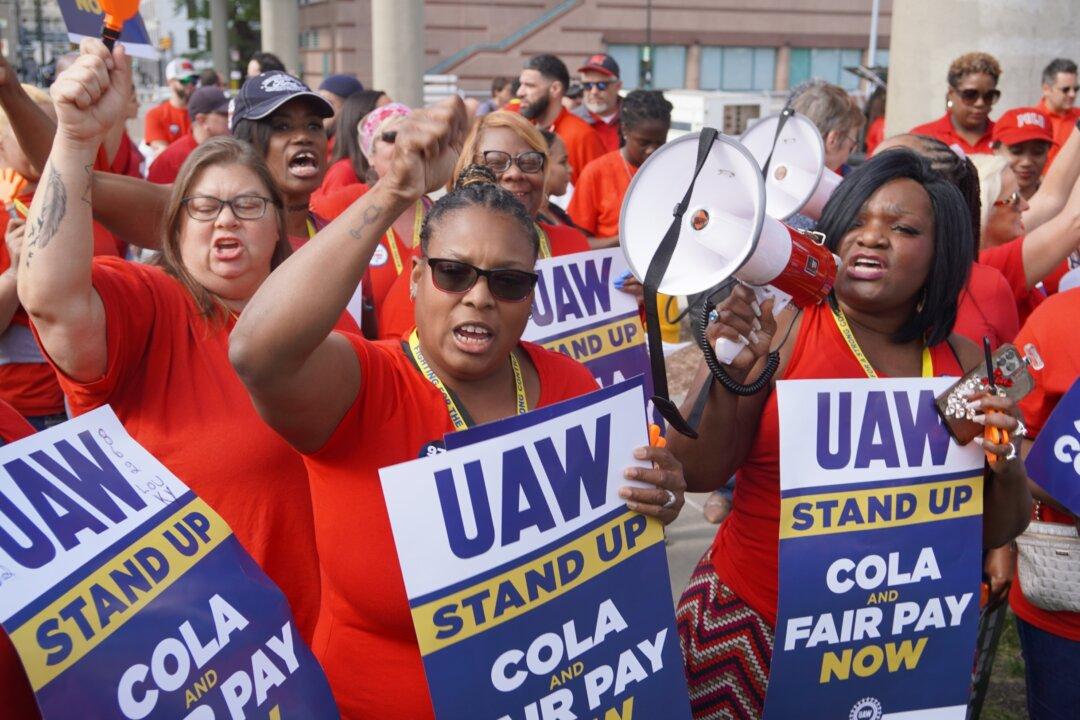Commentary
Fans and defenders of free markets have never been fans of labor unions. They seem forever to be kvetching about not getting enough money but they undertake activities that harm the profitability of companies. They slow work, demand ridiculous benefits, resist market-driven change, and seem often to be threatening companies in a compulsory way.





